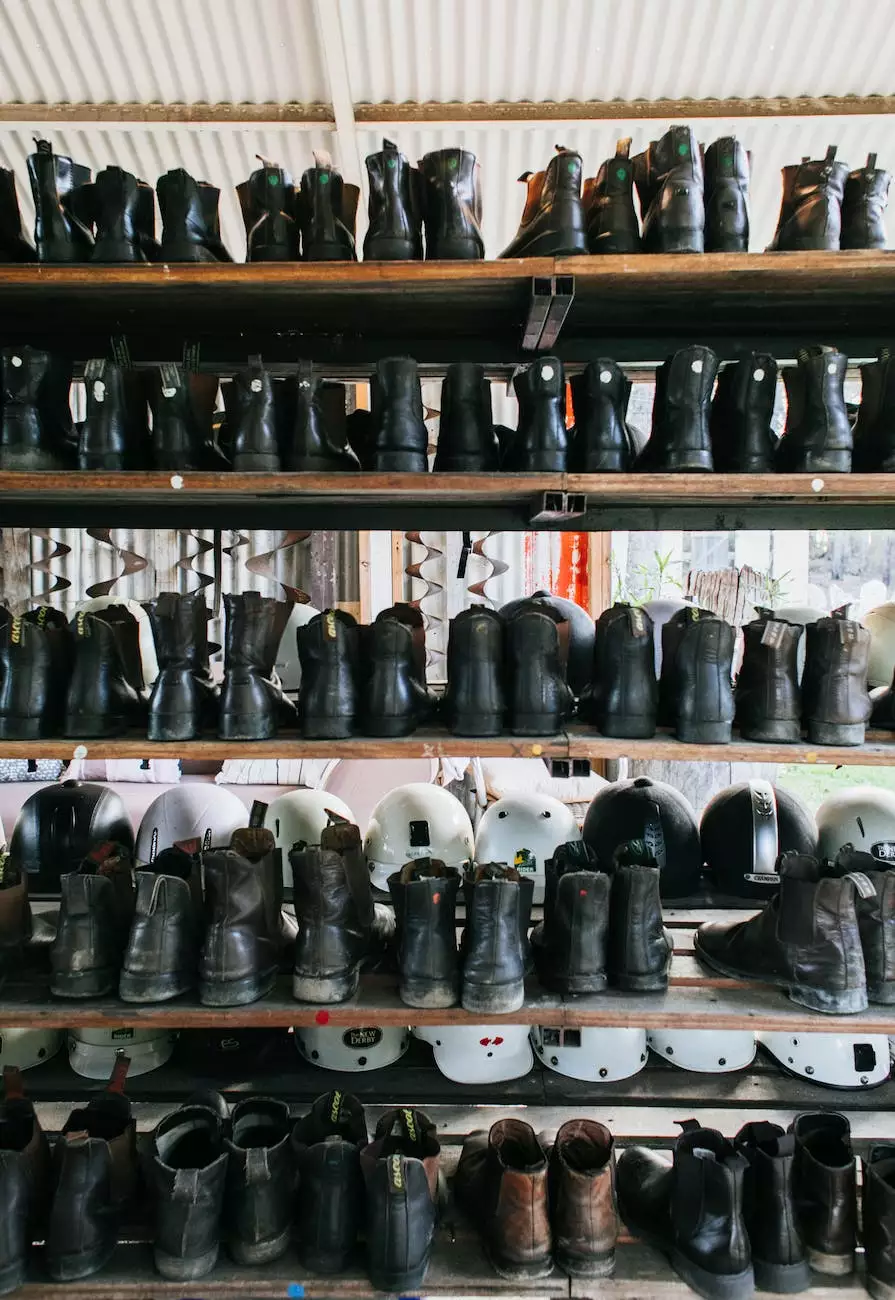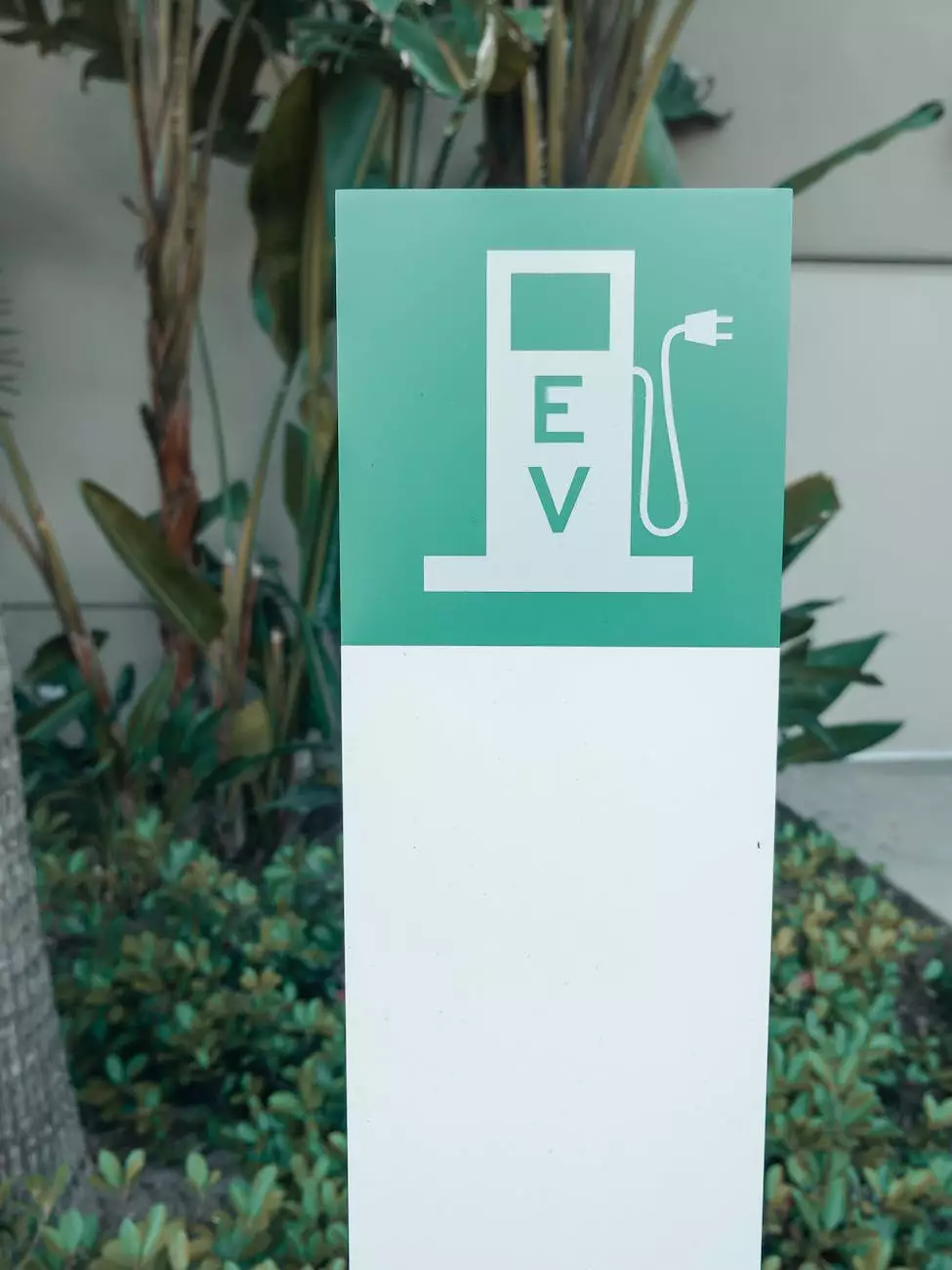Your Fool-Proof Size Guide For Buying a New Generator
Blog
Welcome to City Wide Electrical's comprehensive size guide for buying a new generator. When it comes to selecting the right generator size for your needs, it can be challenging to navigate through the vast array of options available in the market. That's why we've created this detailed guide to assist you in making an informed decision. With our expertise and industry insights, you can rest assured that you'll find the perfect generator size to meet your requirements.
Why Choosing the Right Generator Size is Crucial
Before diving into the details, let's understand why selecting the appropriate generator size is essential. An improperly sized generator can lead to various drawbacks such as electrical equipment damage, inefficient operation, and potential safety hazards. To avoid these issues and ensure optimal performance, it's crucial to carefully assess your power needs and choose the right generator size.
Factors to Consider When Determining Generator Size
Many factors influence the selection of an appropriate generator size for your specific needs. Here are the key considerations:
1. Power Requirements
The first step is to evaluate your power requirements. Take into account all the electrical appliances, tools, and equipment that you intend to power with the generator. Make a comprehensive list of their wattage requirements and note down any startup or surge power needs. This information will serve as the foundation for determining the generator's size.
2. Usage and Load Capacity
Consider your usual power usage and how often you expect to run the generator. If you primarily need it for emergency purposes or occasional use, a smaller-sized generator may suffice. On the other hand, if you require continuous power or plan to run multiple appliances simultaneously, you'll need a more robust and higher-capacity generator.
3. Fuel Type and Efficiency
Generator size is also influenced by the fuel type and efficiency. Different generators operate on various fuels, including gasoline, diesel, propane, or natural gas. Each fuel type has its pros and cons in terms of availability, cost, and environmental impact. Additionally, consider the fuel efficiency of the generator to optimize operational costs and reduce the environmental footprint.
4. Voltage and Phase Requirements
Check the voltage and phase requirements of the appliances you wish to power. Generators come with different voltage and phase options, so ensure compatibility with your specific needs. Mismatched voltage or phase can lead to equipment damage or malfunction.
Choosing the Right Generator Size - Step by Step Guide
1. Identify Power Needs
Create a comprehensive list of all electrical devices you plan to power with the generator. Include their power consumption ratings, expressed in watts. Note any additional power requirements during startup or surge situations.
2. Calculate Total Power Needs
Add up the power consumption ratings of all the devices you listed. This will provide you with the total power requirement in watts. It's essential to consider both the running wattage and the surge wattage for a more accurate estimation.
3. Consider Load Management
Consider how you will distribute the power load across your appliances. Some devices may require power intermittently, while others might require continuous operation. This will impact the generator size needed to handle the load effectively.
4. Determine Generator Capacity
Now that you have your total power requirement and load management strategy, it's time to find a generator that can handle your needs. Choose a generator size that is equal to or greater than your power requirement to ensure optimal performance and longevity.
5. Consult a Professional
If you feel overwhelmed or uncertain about the generator size selection process, don't hesitate to consult with a professional electrician or generator specialist. They have the expertise and experience to guide you and ensure you make the right decision.
Benefits of Choosing the Right Generator Size
1. Enhanced Performance and Efficiency
By selecting the right generator size, you can expect improved performance and efficiency. An appropriately sized generator will operate seamlessly, ensuring stable electrical output and minimizing wasted power.
2. Equipment Protection
Choosing the right generator size helps safeguard your valuable electrical equipment from potential damage caused by voltage fluctuations or insufficient power supply. It also reduces the risk of overloading circuits, which can lead to equipment failure.
3. Cost Savings
An optimally sized generator will save you money in the long run. By avoiding overcapacity, you won't be wasting fuel or unnecessarily increasing maintenance costs. Additionally, selecting a generator that matches your power needs precisely can help reduce upfront expenses.
4. Safety and Reliability
An accurately sized generator ensures a safe electrical system. It prevents potential hazards such as short circuits, overloading, or overheating. Reliable power supply, especially during emergencies, is crucial for both residential and commercial settings.
Conclusion
Choosing the right generator size is paramount for meeting your power needs efficiently and safely. By considering factors such as power requirements, usage, fuel type, and voltage specifications, you can confidently select the perfect generator size. Remember to calculate your total power needs accurately and consult experts when needed. At City Wide Electrical, we are here to guide you throughout the process and ensure that you have a reliable and suitable generator for your needs.










